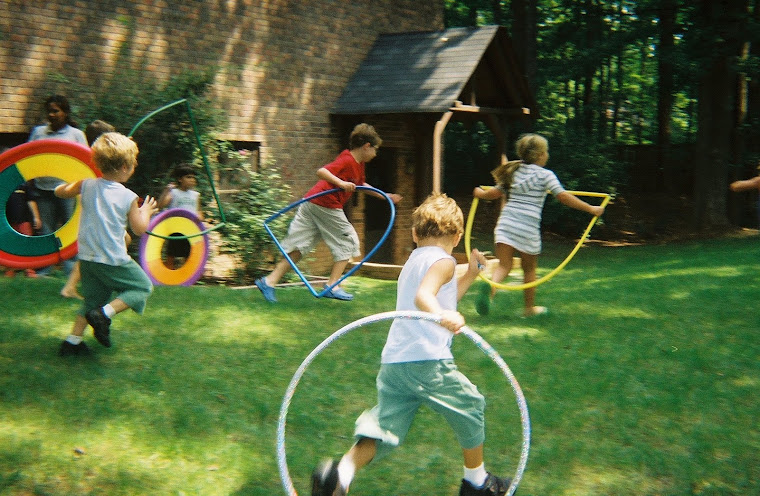“Talk to me: Practicing the art of conversation -- what preschool experts call "cycles of conversation" -- is another goal for the year. Taking turns to talk is about a growing sense of respect for others -- an important piece of the school-preparation puzzle. Same goes for asking for permission before taking that red crayon.” (www.brainhealthandpuzzles.com/preschool_brain_development.html)
In the clinic setting I often encounter children who sad to say seem, to have a sense of entitlement. “I see it, I want it, I’ll take it” without regard to who might be using the item or the consequences of what taking the said item might produce.
These kids come from “good homes” and go to “good schools”. What is the issue? Why haven’t they learned the basic concepts of respect for self and others?
It would be too easy to say that indulgence is the answer but it is certainly part of the answer. The other is that we have in many cases allowed for technology to speak to our children more than we do.
Nothing can replace human touch and interaction for teaching. It is important to learn through experimenting what is appropriate and binding and what is coarse and rejecting in our daily interactions. Speaking to our children is primary source of how children learn to speak to others.
And they learn by observing. If one parent is routinely putting another parent “down” verbally, than the child may naturally assume that it is OK to talk to the chastised parent in the same manner. This is often although not always translated into the way and manner that child interacts with other adults such as teacher, caregivers, etc.
On the other hand, allowing the child to “explain himself away” instead of owning his or her behavior is just as detrimental to the development of positive social skills. Teaching a child to accept “no” as answer is a life skill that will stand well in both home and school situations.
When a child sees aggression as power and he sees him or herself as not so powerful, the urge to mimic the bossy behaviors seen in close adults (such as parents) can result in what is seen as aggressive or bullying behaviors in children by teachers etc.
A child learns respect for others by seeing the significant adults in his or her life showing respect for each other. A child learns self-respect by living in a culture of respect and feeling secure in the limits of his immediate world (home and school).
Difficulties seem to arise when there is more than one message being delivered. When children get to be the unwilling shuttle puck in a game of “who is the better parent”? Or “listen to me not __(mom/dad)__”; or any other similar ying yang game that leave the child making the choice of who to listen to and when. These children then go to school and the rules are so confusing that they often unwittingly get into trouble for not following rules they saw as “optional”.
Young children learn respect by what they see. Respecting self comes form respecting others first. Respecting self in young children is manifested by effort in school work, pride in the results, polite responses to not only adults but peers and intuitively understanding that “first’ and “best” are not interchangeable terms.
If a child is getting into repeated trouble in peer situations, favors one parent over another (with the exception of abuse cases), is modeling adult behaviors not appropriate for young children, then clearly this child is in social difficulty. He or she is obviously trying to create behavioral patterns that he sees as working for “__dad/mom__” and is confused as to why it is not working for them.
This goes back to the structure and boundaries discussed earlier. Clearly adults are not children, children are not adults. The differences create different behavioral expectations. It is not a “one size fits all”.
While “do it because I say so” is not the universal best option sometimes it is necessary. At other times negotiations and or expanded explanations are needed. But these explanations are not “owed” they are “offered” to explain a circumstance and it is incumbent upon the child to accept without confrontation these situations especially those with parents and teachers.
So the ART of Conversation is a cycle of give and take, talk and listen, taking turns, respecting others and ultimately maturing into a healthy respect of self.

No comments:
Post a Comment